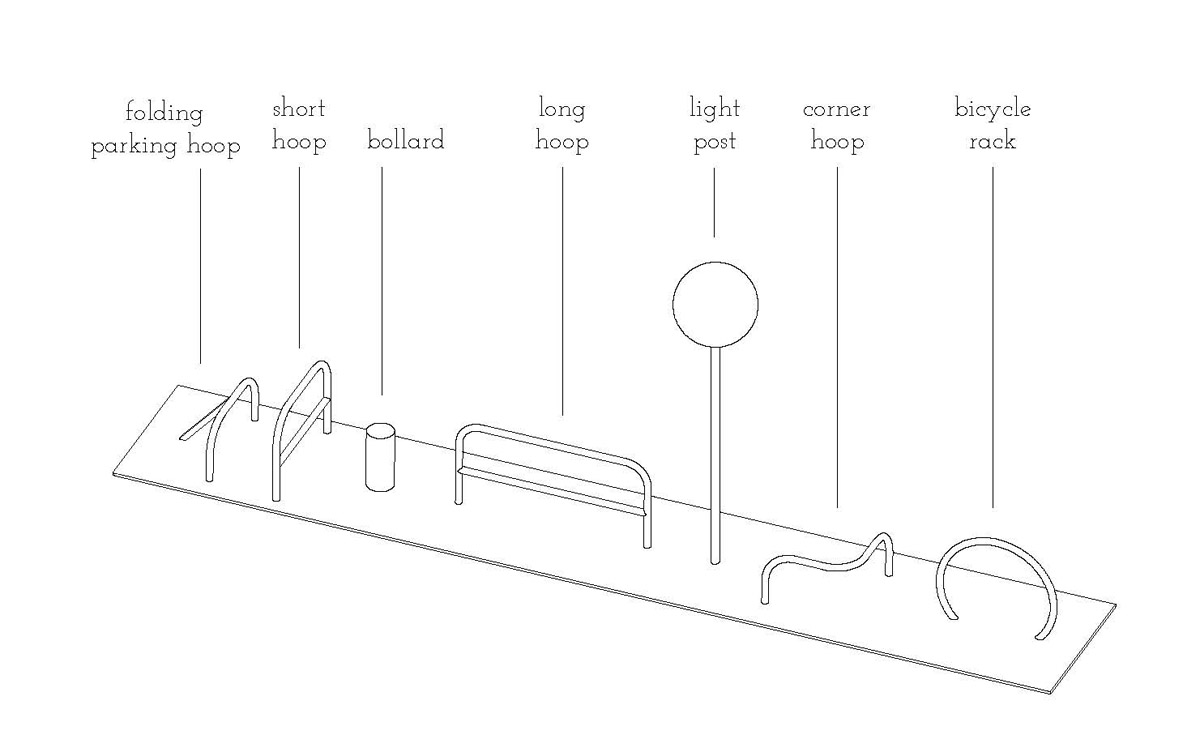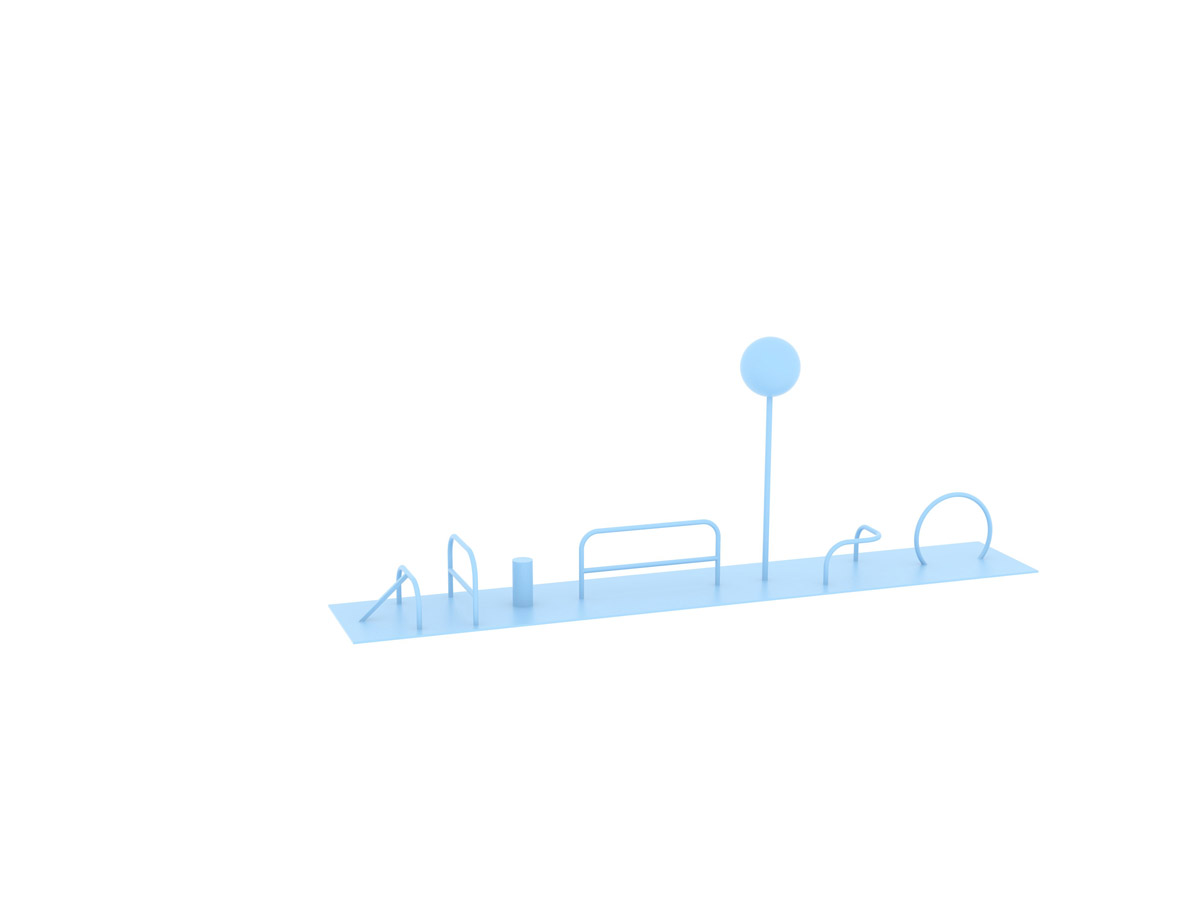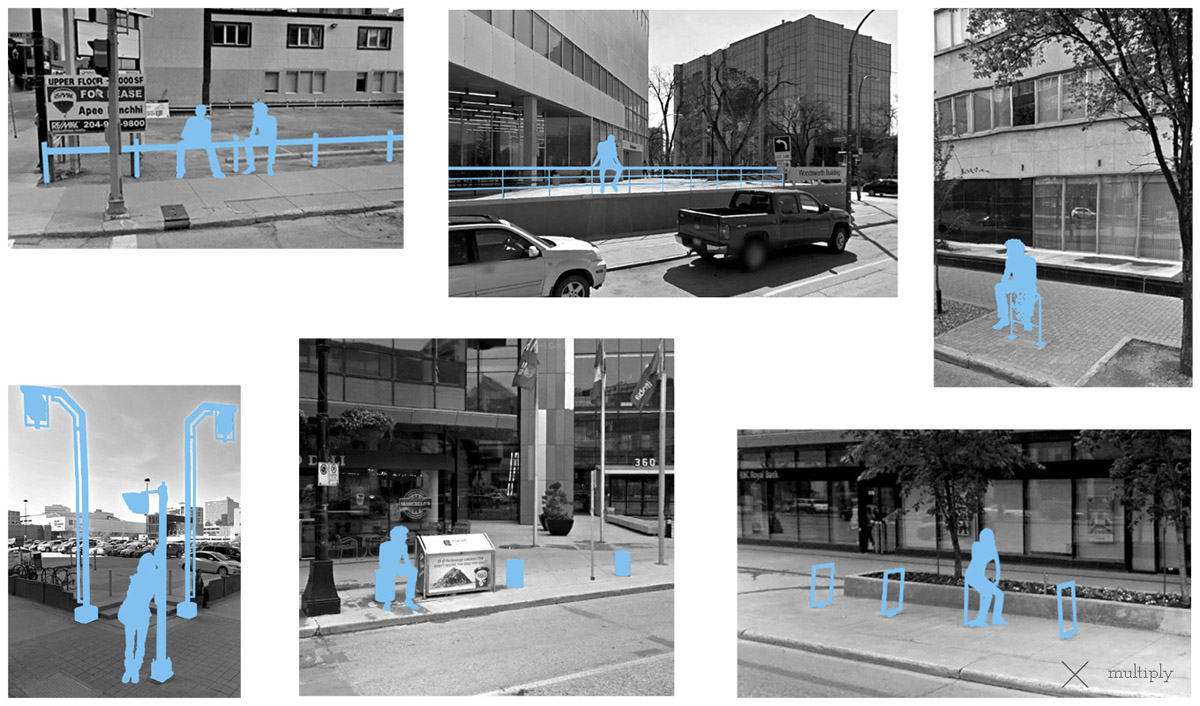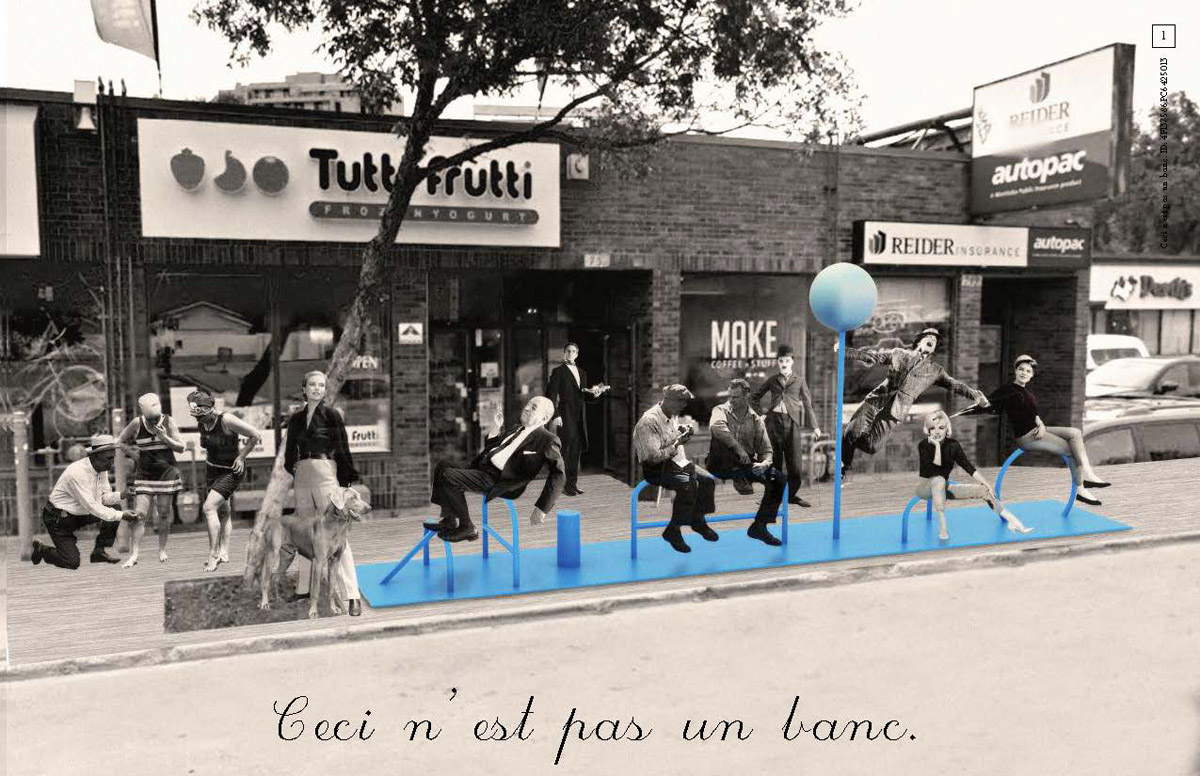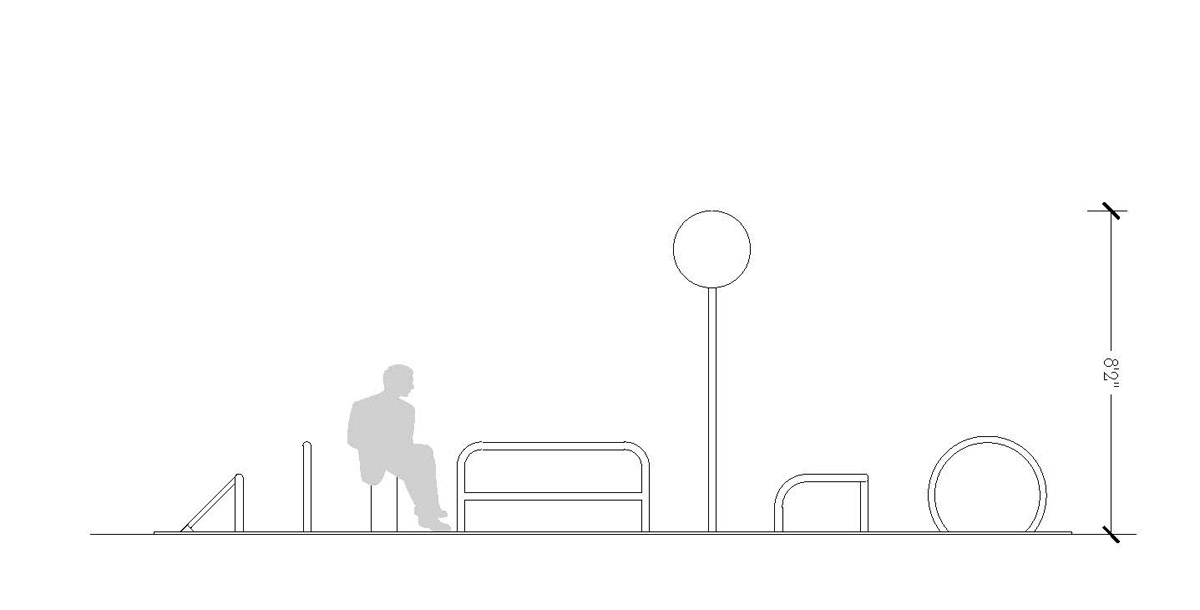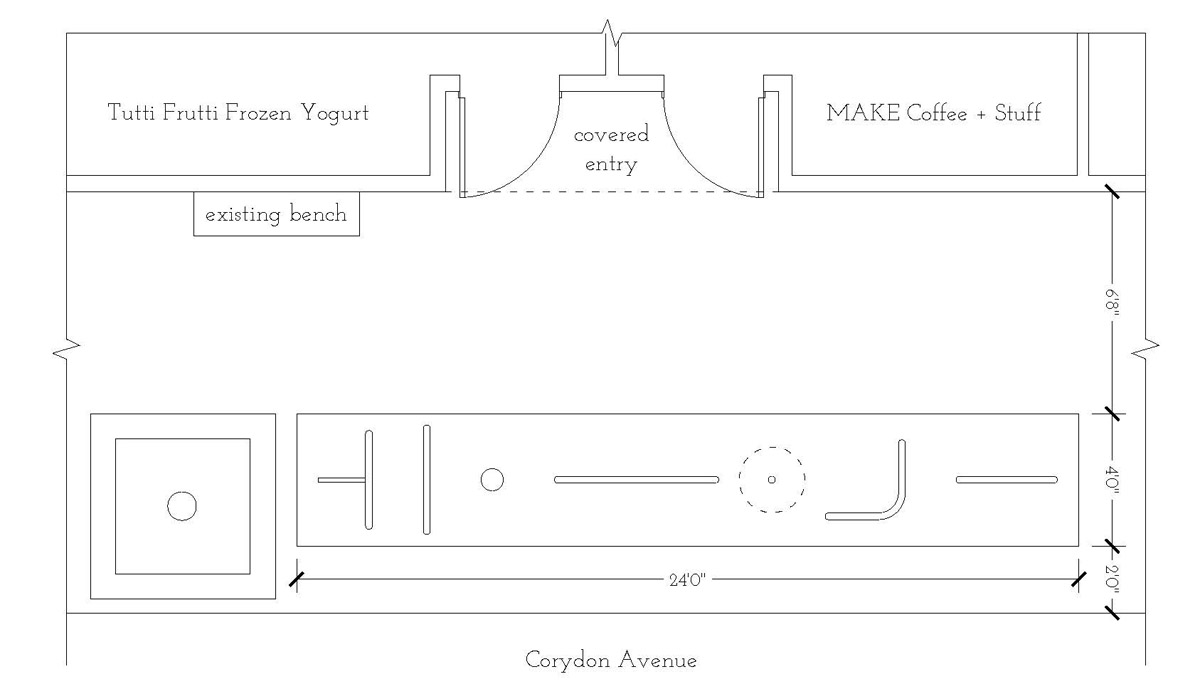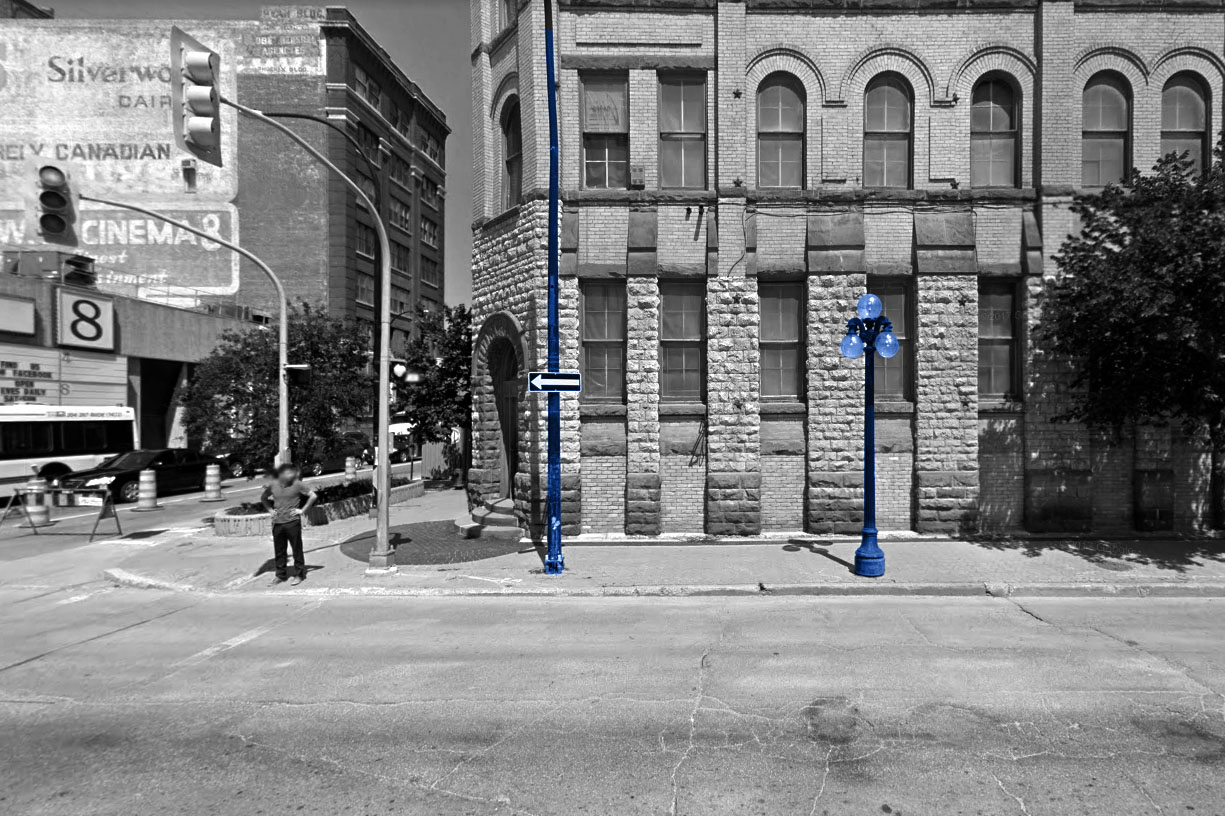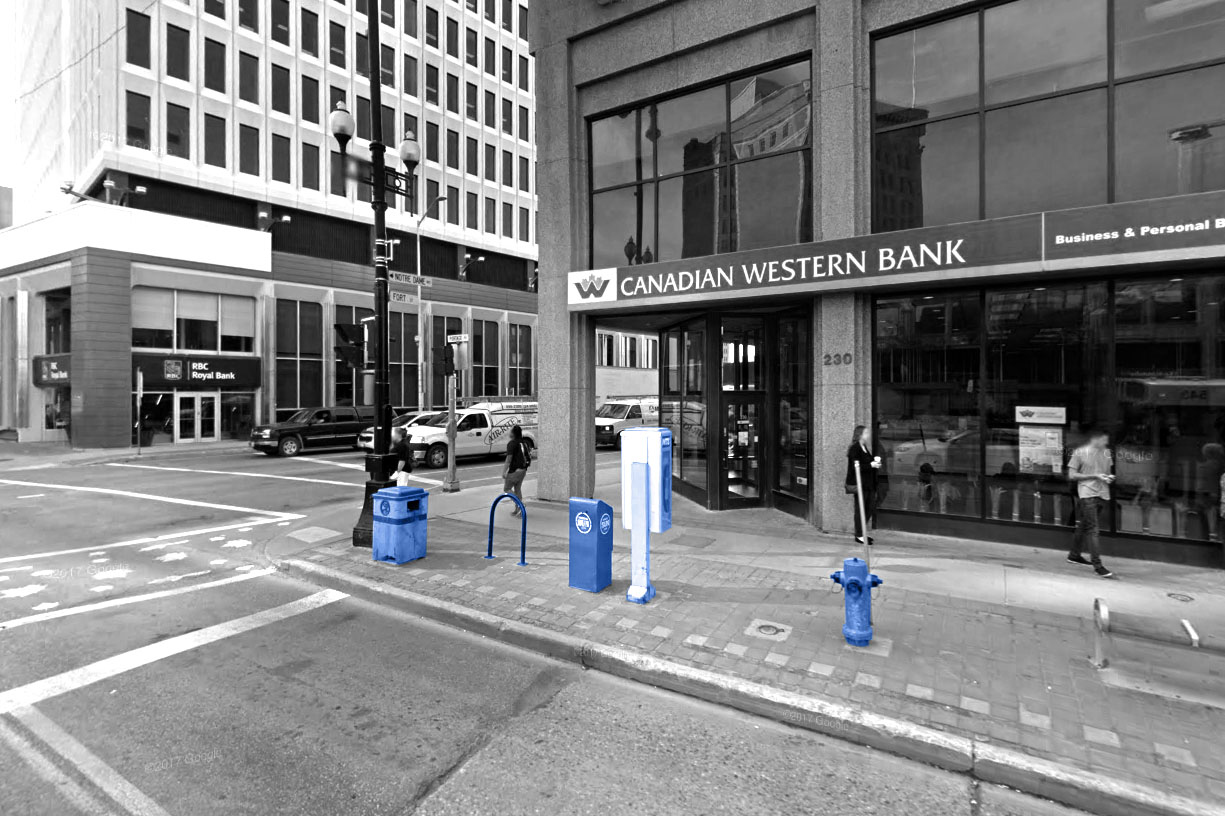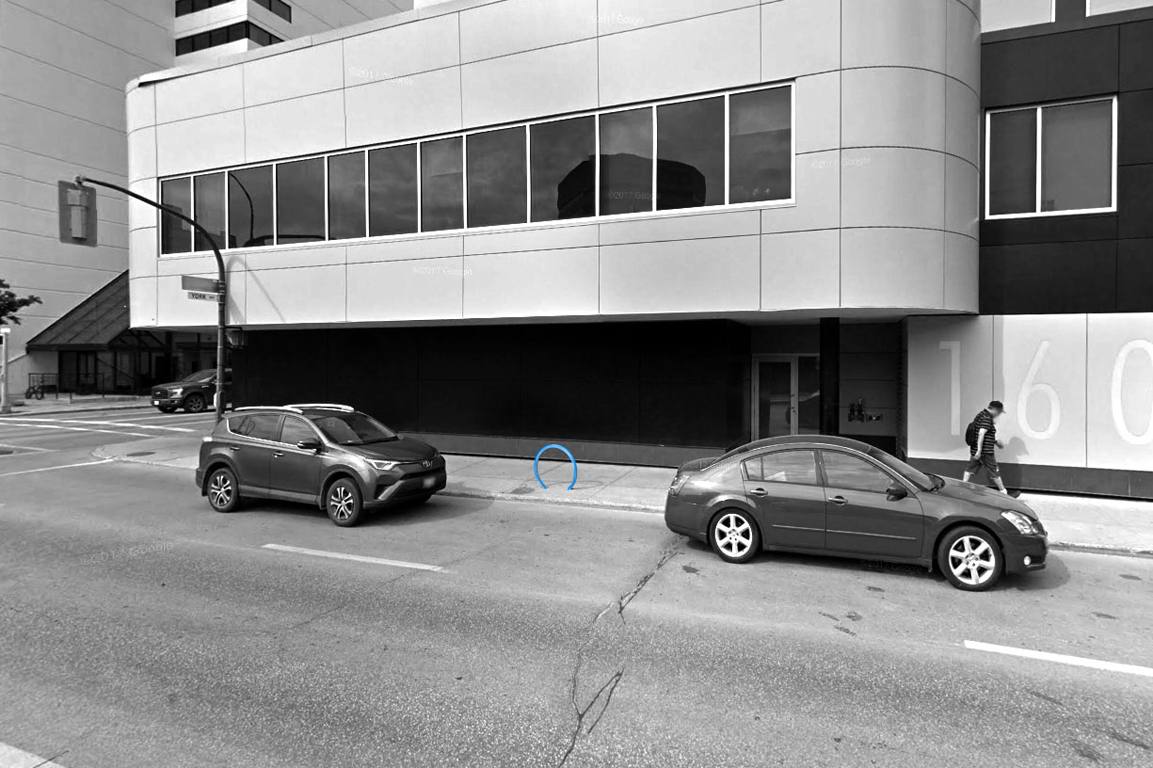Ceci n’est pas un banc, Competition, Winnipeg, Canada, 4th prize
Public space is one of the most important features in urban landscape and continues provide a flourishing social atmosphere. It establishes strong links between users and a key elements, providing a progressive cityscape. It is highly valued as an essential part of society and in turn creates a cohesive community.
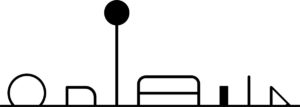
The “Ceci n’est pas un banc” bench is a symbolic installation that seeks to connect people to public space and to each other. Rejecting the conventional time-worn bench concept that dictates how it should be used, the project encourages users to explore, meet, rest and enjoy the city.
Why try and reinvent something that has been done numerous times, if the philosophy is always the same. The concept behind this project is based on the “familiar” and “versatile”. Our philosophy is to design urban furniture that is inclusive to all demographics, using established elements found in everyday social and cultural interactions.
Aiming to be as environmentally sustainable as possible, “Ceci n’est pas un banc” is a collection of reused street elements that have clear functions. Each element is transformed from its primal purpose and up-styled, in environmentally friendly blue paint, and given new life as a seat opportunity. The seven objects are aligned along one axis to conserve street space.
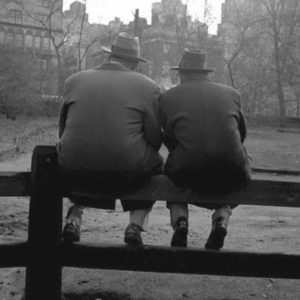
Human interaction is a key factor in design, not everyone uses space in the same way. From children to senior citizens, everyone relates with these objects that reflect their personal preferences. The design intervention welcomes walkers, local customers, public and anyone looking to stop and rest in the urban space for as long as they like. The project will reimagine the street from a mere “route” to a dynamic and transformative public space. It is a social declaration, an encouragement to use the street as a public space and a reminder that elements can offer more than their initial function.



